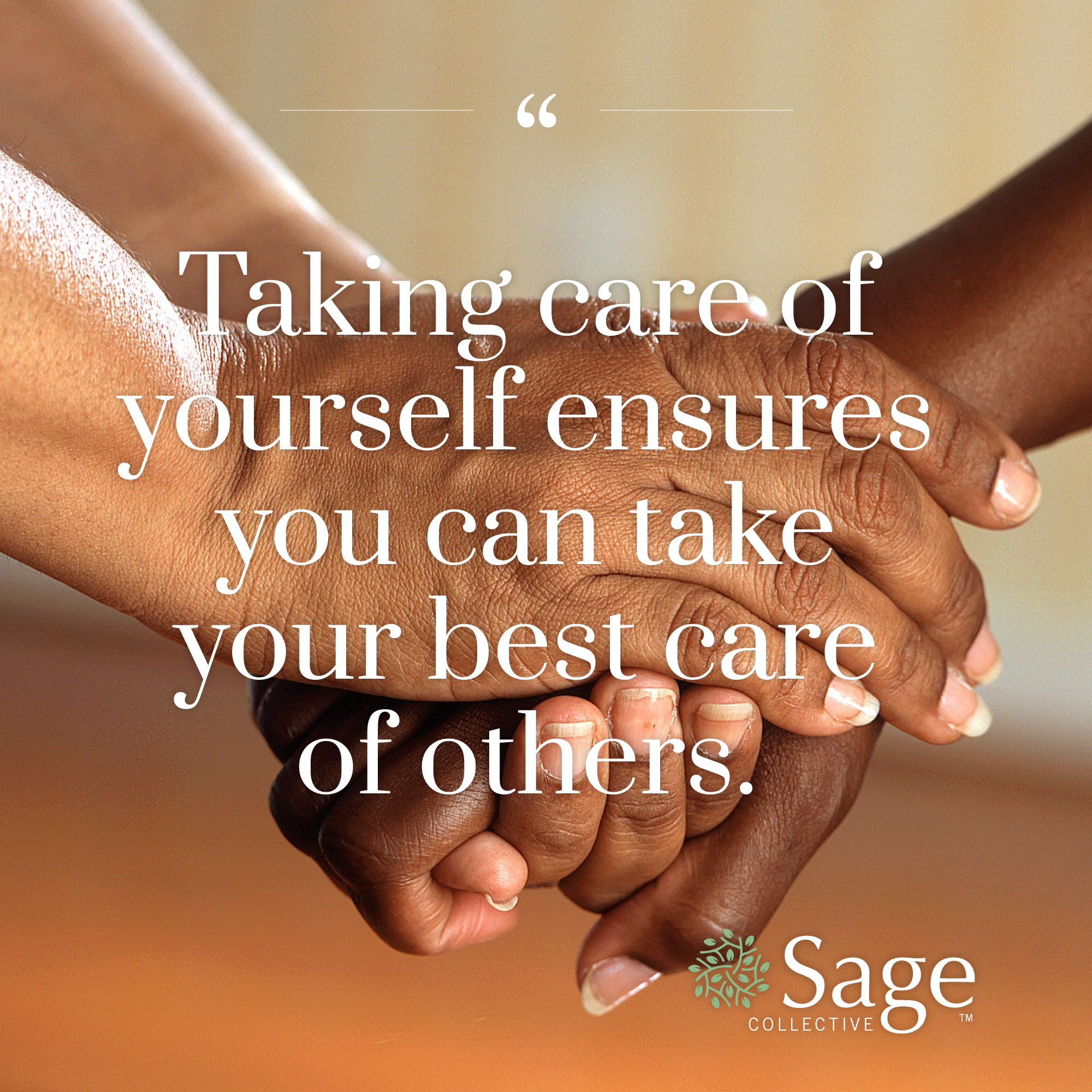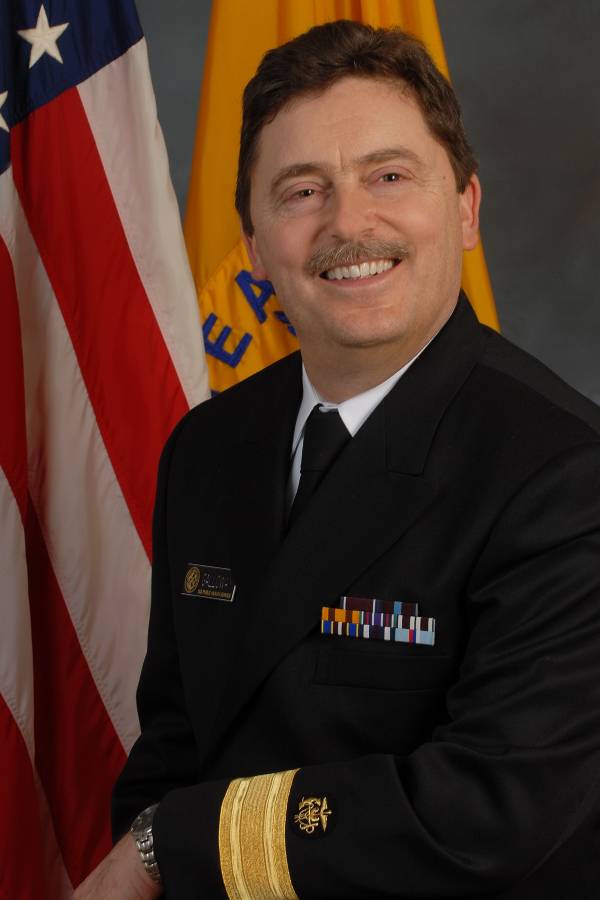Advice for Older Adult Caretakers During the Pandemic
Caretakers shoulder a heavy responsibility; afterall, the health, wellbeing and happiness of another person is in their hands. Even on an ordinary day, caretaking can be an intense task — add a global pandemic on top of that, and many caretakers are feeling the weighty responsibility more than ever. We spoke with Rear Admiral (ret) James M. Galloway, MD, FACP, FACC, to compile advice (and helpful insights) to guide older adult caretakers through the COVID-19 pandemic. Dr. Galloway is a medical doctor and Public Health physician, as well as a member of the Sage Collective leadership team.
Starting with the Basics: Health and Safety
When working with vulnerable populations, like older adults, it’s more vital than ever to follow health and safety guidelines. “There are basic personal prevention practices that everyone should follow,” explains Dr. Galloway. “These include practicing social distancing, wearing masks at all times, isolating or quarantining when necessary and regularly cleaning your environment.” These are steps that many are familiar with, and the most up-to-date basic health and safety guidelines can always be found on the CDC website.
However, many caretakers serve clients living in high-risk environments such as independent living facilities and retirement communities, and with increased risk, feel the need for increased precaution. Dr. Galloway provides a few additional tips and tricks: “Limiting the number of nonessential visitors is important. As we all know, the more people you interact with, the more at risk you are of encountering and contracting COVID-19. Beyond that, if you wear a reusable cloth mask, washing that mask regularly is vital. Another good practice is to increase indoor air circulation whenever possible by opening windows — but this of course can be a safety risk depending on your client.”
All in all, Dr. Galloway recognizes that each circumstance is unique. We’re all familiar with the risk COVID-19 poses and know the easiest way to prevent spread of the virus is total isolation. But of course, humans have other needs that conflict with basic health and safety — like our need to socialize with others and engage with the world to stay mentally well. “What we’ve outlined here are general guidelines,” Dr. Galloway explains, “but ultimately every decision we make is going to weigh the balance between risk and benefit, and that’s an individual decision.”
Balancing Emotional Wellbeing for Both Client and Caretaker
As addressed above, emotional wellbeing is a crucial component to a person’s overall health during the pandemic. For caretakers, ensuring their client remains engaged and connected has taken on new significance and importance. “It has become important for caretakers to take more time with their clients,” says Dr. Galloway, “to make a point to engage them in conversation and to help them stay connected with their loved ones. Caretakers have begun assisting clients in making regular phone calls or facilitating the use of FaceTime.”
But for as much attention as caregivers put into ensuring the physical and emotional wellbeing of their client, it’s more important than ever to give that same attention to themselves. “Taking care of yourself ensures you can take your best care of others,” says Dr. Galloway. “Caring for a client or loved one can place stress on even the most resilient of people. So how can you take time to replenish your own wellbeing?”

In response to this question, Dr. Galloway has several pieces of advice. “First and most important: know the signs of unmanageable stress and know when to ask for help. Think about ways people you trust can help you, such as getting groceries for you during a long shift. Secondly, focus on what you’re able to provide. Nobody is perfect, even caregivers, so it’s important to acknowledge you’re doing the best you can. In that same vein: my third piece of advice is to set realistic goals. Creating a list of tasks allows you to check items off as you go, so you know you’re accomplishing things — and also, say no to tasks that are draining, like hosting Thanksgiving dinner!”
There are many ways to self-manage stress, but Dr. Galloway also provides one other invaluable tip: “Get connected. Join a support group for caregivers! Many people see joining a support group as a weakness, but really it’s a strength. It’s an opportunity to gain new friends, and to develop your own strength and resiliency as you move forward. It’s so important to know you’re not alone in this struggle.”
Additional Resources:

